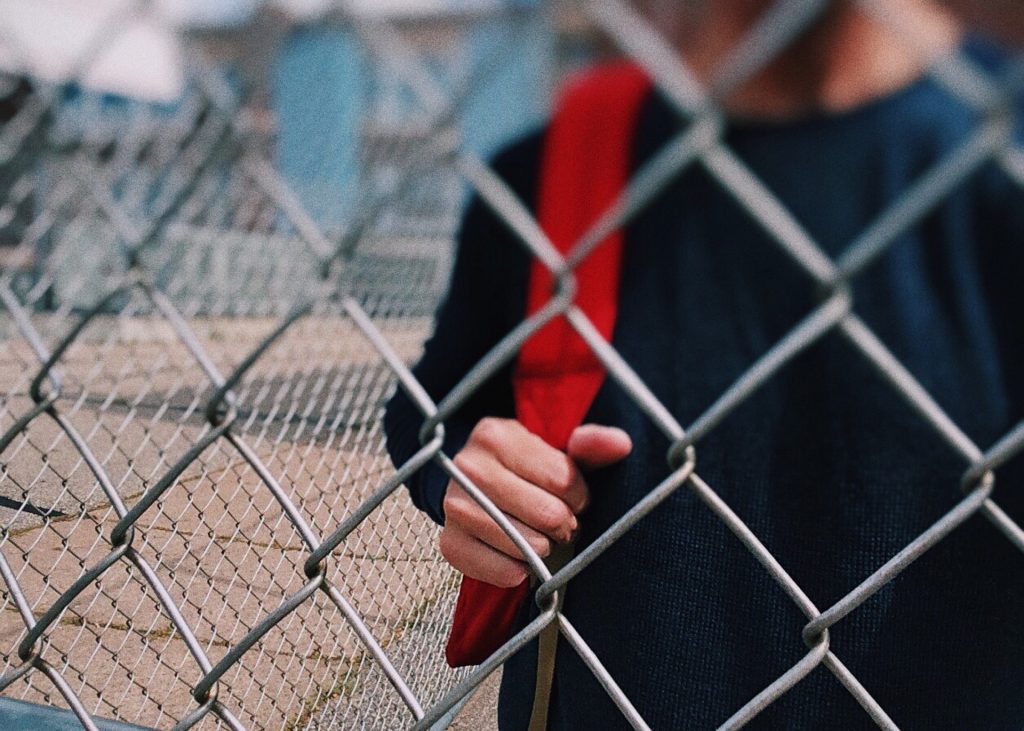Many parents report “strange behavior” in their teens. Their friends, clothing, and personalities may change quite frequently and unexpectedly. This is the norm for most teenagers; they are trying to figure out who they are and will distance themselves a bit to “try on” different identities. Unfortunately, teenagers are also at high-risk for alcohol and substance abuse – problems that may be masked by the “normal” milestones of adolescence.
These issues are extremely prevalent in Texas. According to the U.S. Department of Health and Human Services, 23% of Texas high schoolers report binge drinking in the past month, 41% have used marijuana, 11% have used inhalants, 4% have used cocaine, and 6% have used illicit prescription painkillers. As a parent, you can help ensure your child’s health and safety by looking for warning signs of substance use.
1. Academic/Work Performance
Teens who regularly use substances may be chronically tardy and truant from both school and work. The quality of work that a teen puts forward will be decreased, which can result in lowered grades, failure to promote grade levels, postponed graduation, or termination from employment.

2. Peer Group
A sudden change in friends may be a sign of substance use. Teens who use substances will often gravitate to similar peers, who can provide access to substances and condone their use. Watch for friends that promote “drug culture” – this includes wearing clothing and listening to music that encourages substance abuse.
3. Personality and Behavior
While every teenager is bound to experience bouts of moodiness, this symptom of adolescence will be amplified for the substance using teen. Signs to watch for include sudden shifts in energy, unexplained angry outbursts, anxiety, and extreme isolation from loved ones.
4. Appearance
Teens that use substances may have changes in their weight, eyes that appear bloodshot, and a consistently disheveled appearance. They will often abstain from normal hygiene habits.
5. Being “Under the Influence”
This is one of the most obvious ways of knowing that your child is using alcohol or other substances. Your child may be under the influence if they are slurring their words, unable to walk, unable to make sense while communicating, or having other signs of impaired functioning.

You can prevent substance use in your child by talking with your child early about the risks of drugs and alcohol, providing adequate supervision, and setting clear boundaries around the types of activities your child can engage in. If you are concerned that your child may already be using substances, there are resources that can help. Your teen may benefit from individual therapy, or may need a more intensive inpatient treatment program. Partnership for Drug-Free Kids offers a guide for parents who know their child is using and the steps to take in these circumstances.
Remember, you are not alone in this battle. If you talk to your child early, monitor their behavior, and intervene if necessary, you can prevent teen substance abuse in your family.
